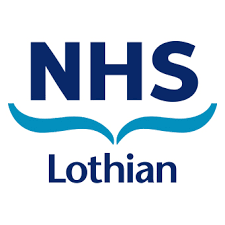Do not offer an antibiotic for any bite if the skin is not broken.
| Type of bite | Bite has broken the skin but not drawn blood | Bite has broken the skin and drawn blood |
| Human | Antibiotics recommended in high risk person or high risk area of the body | Antibiotics recommended |
| Cat | Antibiotics recommended in high risk person or high risk area of the body or if a deep bite | Antibiotics recommended |
| Dog or other small animal pet | Antibiotics not recommended | Antibiotics recommended |
Recommended duration: 3 days
|
Recommended antibiotics |
Co-amoxiclav 625mg every 8 hours orally |
| Penicillin allergy |
Doxycycline 100mg every 12 hours orally AND Metronidazole 400mg every 8 hours orally |
